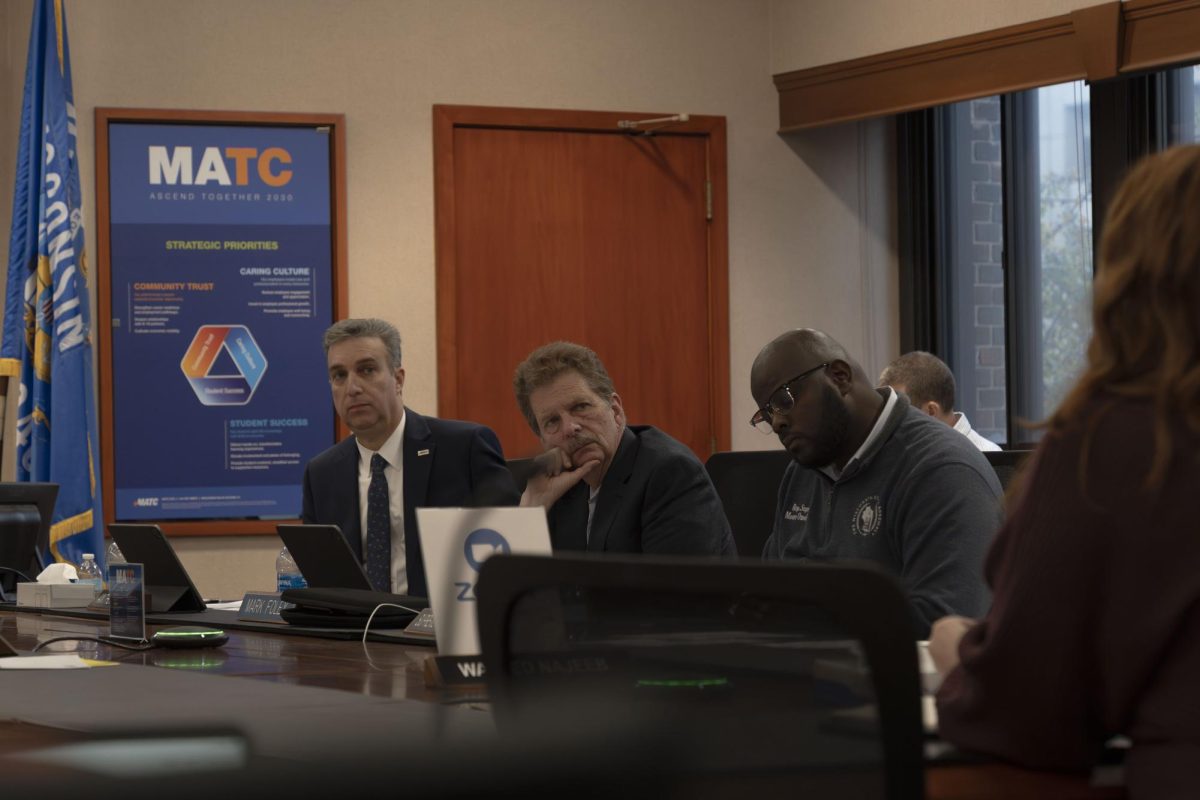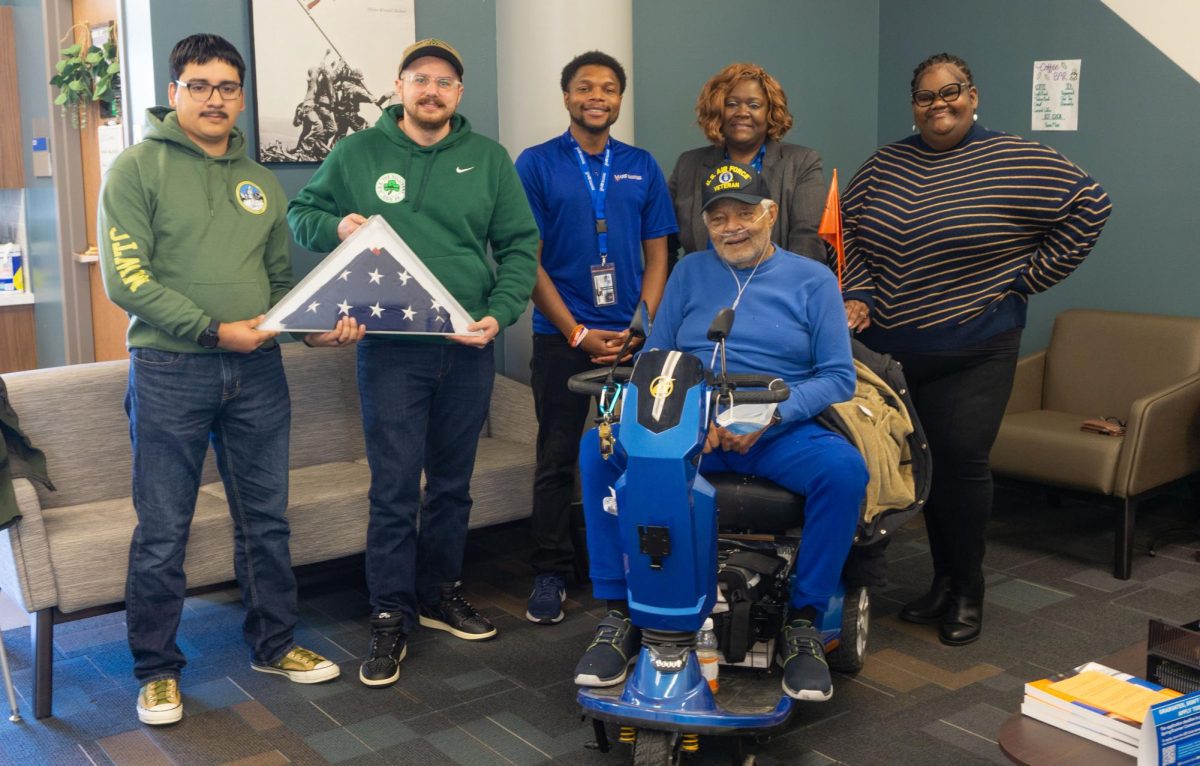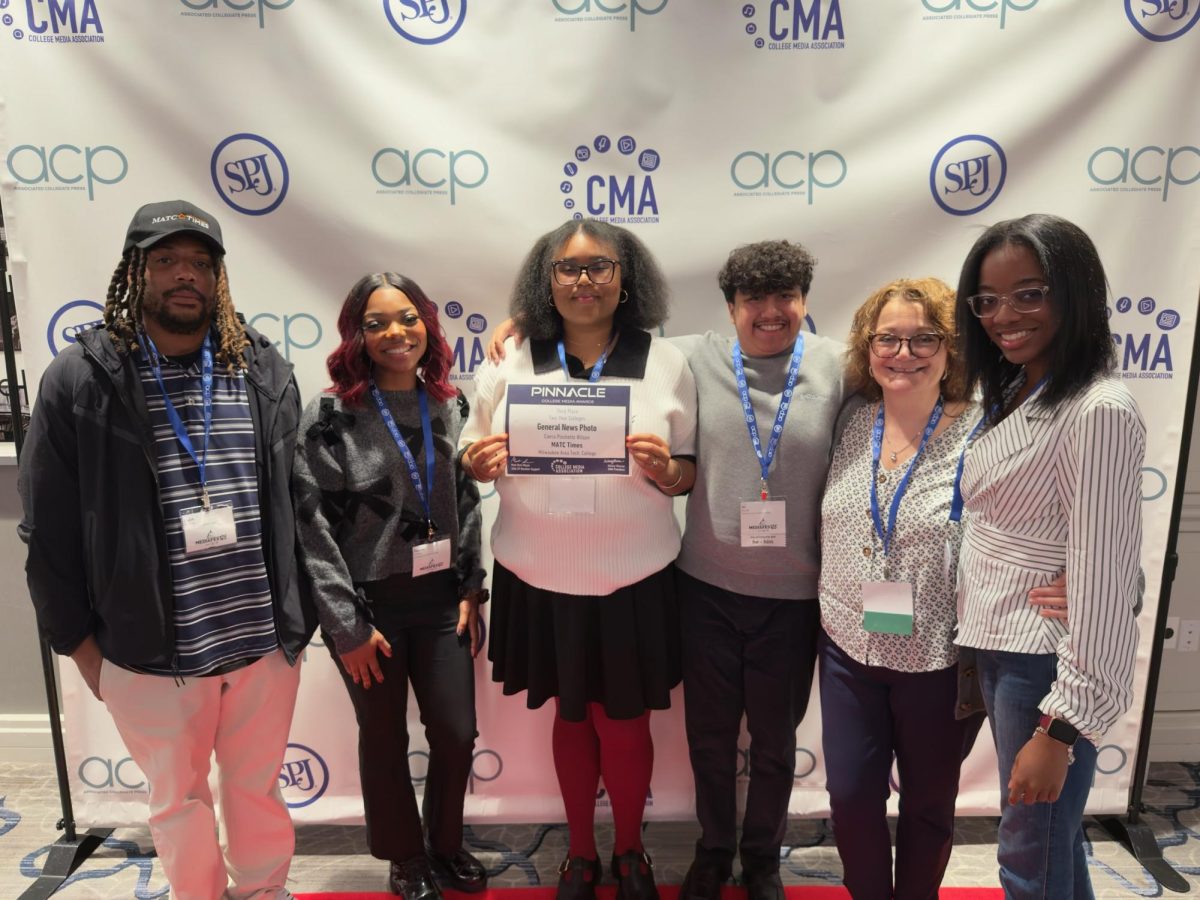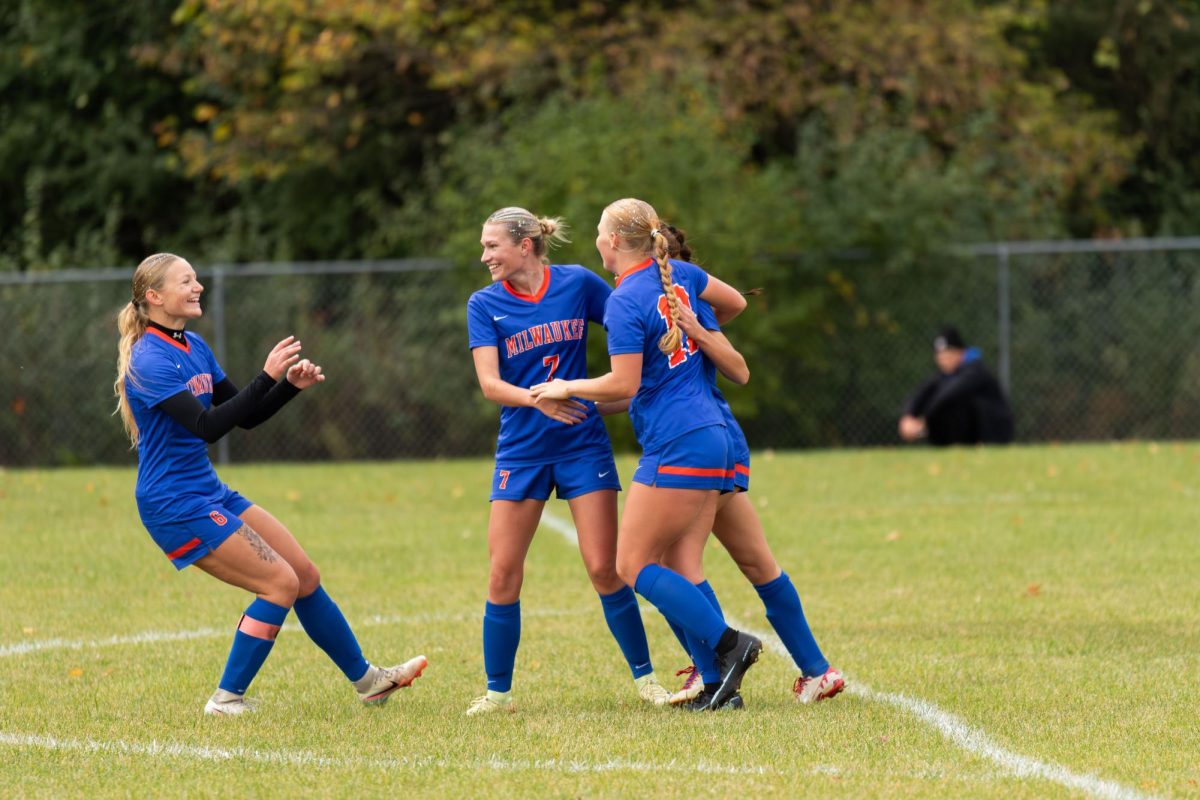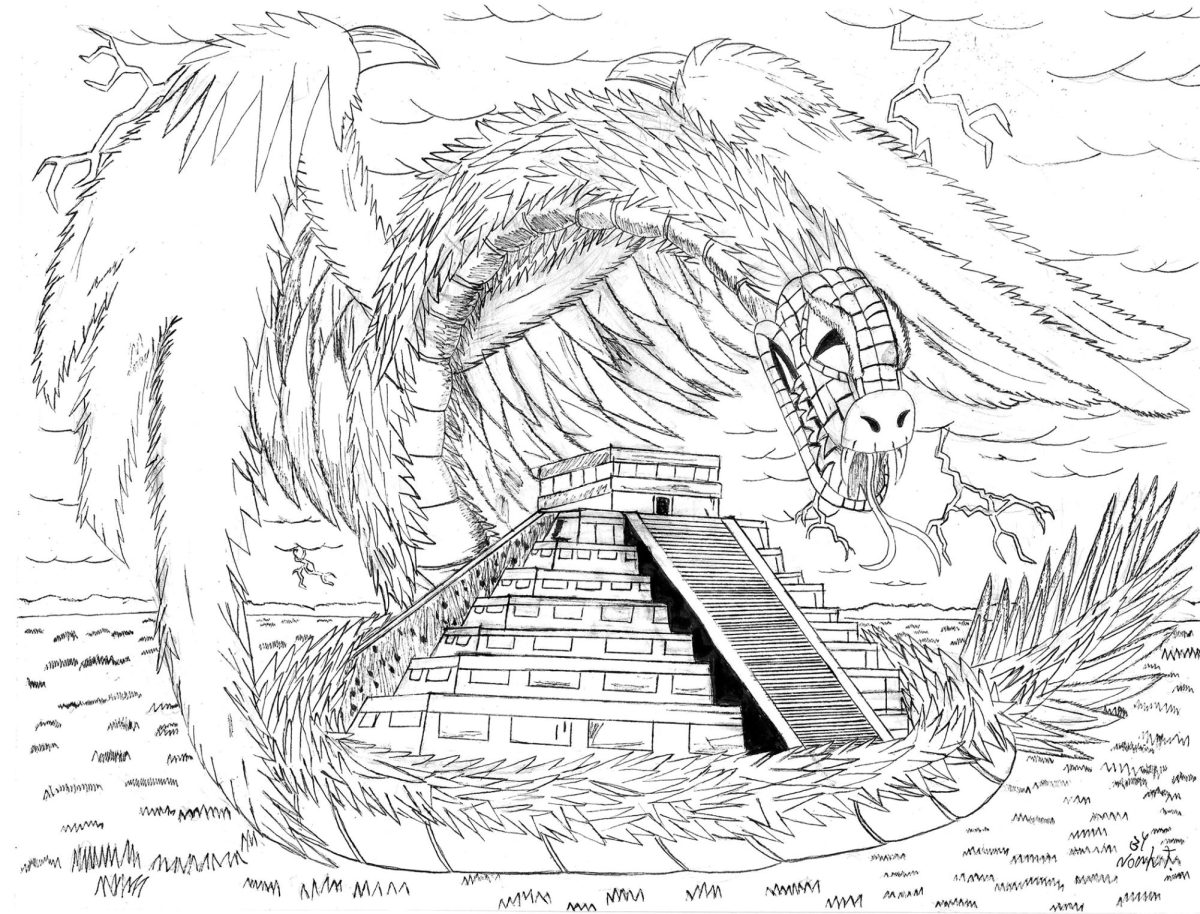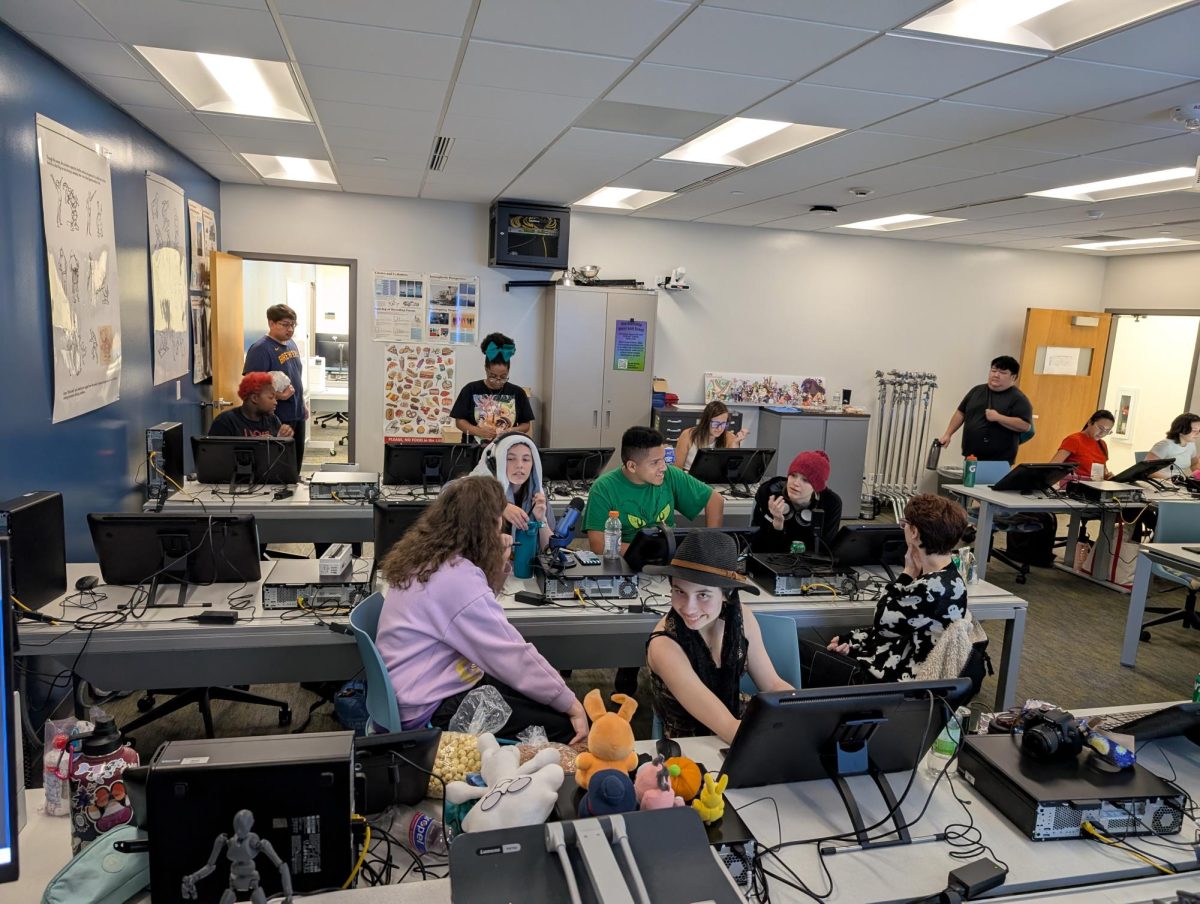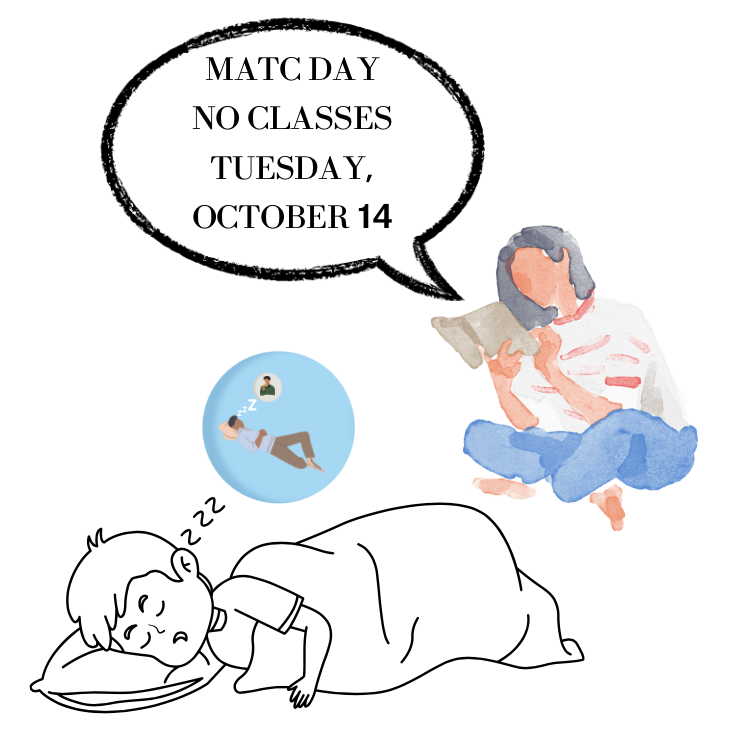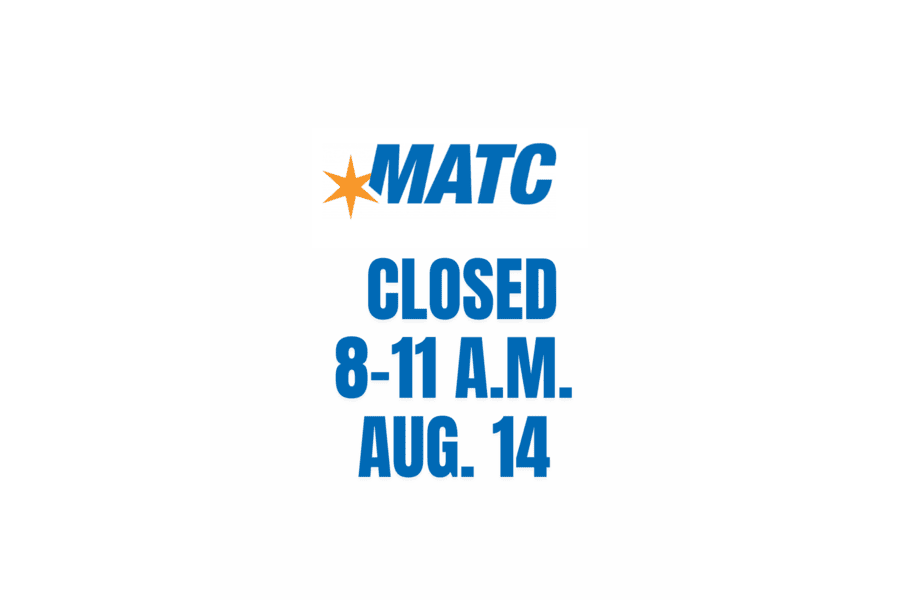Due to drop in property values, MATC is facing financials deficiencies in spite of record enrollment.According to Kathleen Hohl, Director of Public Relations, MATC dealt with a $19 million deficit during their last budget meeting in July for the 2009-2010 school year.
Hohl explained the college gets funding from three sources: tuition and fees, state funding and property taxes. Although tuition was raised 3.5%, and the state provided additional funding in the amount of $920,000 for two years, it was the drop of property taxes along with an increase of healthcare costs which caused the struggling budget.
During the budget meeting last July, decisions had to be made. All employees did agree to a pay freeze for the 2009-2010 school year, but that still wasn’t enough. Hohl explained that students were their main focus in all decisions made.
“(We wanted) to ensure that we were doing everything we could to continue providing services, education and training to our students,” Hohl said.
Hohl stated that many of the budget cuts are behind the scenes in areas that will likely not affect students directly. However, not every area could be saved.
One change that regional students will notice is replacing the cafeterias with a Grab ‘n Go, which went into effect this semester.
The regional Grab ‘n Go stores will be similar to the one at the Downtown Milwaukee Campus.
According to a statement made by Hohl, “(Students can find) fresh coffee and pastries, hot soup and chili, frozen entrees and sandwiches, Weight Watchers items, freshly packed deli sandwiches and salads, specialty desserts, snacks, puddings, gelatin, candies and bottled drinks, plus much more.”
She also added, “(They will) also find health and beauty aids such as lip balm, aspirin, cold medication, hygiene products and batteries.”
The plan is to have three microwaves at each of the regional campuses, and then evaluate students’ usage to decide if that is enough to meet demand.
According to Hohl, the change to the Grab ‘n Go should not affect the Culinary Arts students. Although there are changes to the program, Hohl expressed that those changes had nothing to do with the budget.
For the former employees that worked in the cafeterias, many found themselves out of a job. According to Harrison Appleton, those employees with the most seniority were used to fill the positions at the new Grab ‘n Go locations.
However, workers were frustrated that seniority was based on hours worked, not years at most companies.
Appleton expressed that due to the activity at the Downtown Milwaukee Campus, workers there were easily able to get in adequate hours, including overtime, where as the regional campus workers had a more limited schedule. Because of this, many workers felt the hourly seniority concept was unfair.
According to Appleton, all of the displaced workers were placed into a pool, and based on seniority, or skill, will be offered jobs as needed.
Appleton did express that he felt both the union and Human Resources were doing everything they could to assist the displaced workers find work in other areas.
However, he had great concern for those who had very limited skills, adding that they were likely to be laid off. “(Human Resources) is trying their best to find something,” Harrison said. “But with the downsizing of food service, if you’re only skills are food service, you’re screwed.”
Another frustration Appleton expressed was the quality of food being offered at the new Grab ‘n Go. “They replaced entrees for gas station food with a soup variety.”
Many students have expressed the same sentiment, such as Angela Olson, current Friday Program student. Her concern is that students of the Friday program, a police certification program at the Oak Creek Campus, have a very limited lunch period.
When the cafeteria was open, they had time to enjoy a decent entrée. Now, they may not have the time to enjoy a quality hot lunch.
Olson explained that the class runs all day, and they get really hungry, but there’s not enough to nourish you at your full potential.
This is only one of the changes to come. Another area they are looking at is cutting bookstore hours.
According to Hohl, the plan is to assess when students use the bookstore most often. During the down times they are planning to close the bookstore, hoping to save additional money.
According to the Bookstore manager at the Oak Creek Campus, Barbara Bretl, the bookstore hours will be dropped to one day a week after the rush.
Those who are full-time will continue working at the bookstore doing “behind the scenes” work. But the part-time employees will join in the same pool with the displaced cafeteria employees.
According to Hohl, there is no way to know if these changes are permanent. The thought is that if a plan doesn’t have a major effect on students and helps make MATC more productive, those ideas will likely stay.
The goal, according to Hohl, was to deal with these tough economic times in a way that causes the least adverse effects on students.
“The word I prefer is to streamline, and to be an effective, efficient organization,” said Hohl. For some students, only time will tell if that will be the case.
The new Grab ‘n Go hours of operation will be Mon.-Thurs., 7:30 a.m.-6 p.m. However at Oak Creek, students have stated that they have been closing before 6 p.m., and Friday, 7:30 a.m.-2 p.m.

